
Cold water refrigerator, long cooling
The refrigerator helps people preserve food for many days. however, since it’s an electrical appliance that’s constantly plugged in, it can easily encounter issues — the most common being water leakage and slow cooling. instead of calling a repairman right away, which can be costly, you should first identify the cause yourself. if it’s one of the problems below, you can fix it quickly.
water leaking from the fridge compartment
many people buy groceries in bulk to last for the week, which means the refrigerator has to work hard to keep everything fresh. this can cause problems when items block the air vents, making cooling inefficient. moreover, if food is washed but not dried before being placed in the fridge, excess moisture can leak out, making the fridge dirty and affecting other foods.
illustration – source: phunutoday
the solution is simple: always dry food thoroughly or use paper towels before placing it in the fridge. for extra care, wrap food with plastic wrap or store it in ziplock bags. also, organize items neatly — don’t overload the fridge; keep items that don’t need refrigeration outside to avoid overworking the cooling system.
water leaking from the freezer
if you notice water coming from the freezer, check immediately whether you’ve overfilled it and blocked the air vents — just like what happens in the fridge compartment. another reason might be that the fridge door isn’t closed properly, or the door gasket has worn out and no longer seals tightly, causing cold air to escape and ice to melt. if that’s the case, replace the gasket to ensure a tight seal. also, don’t stuff too much food in the freezer — it can reduce efficiency.
water leaking onto the floor from the back tray
sometimes water on the floor is caused by a cracked drain tray or a loose or broken water supply tube behind the fridge. to identify the cause, carefully inspect the back of the refrigerator. but before doing so, unplug it to ensure safety. then, remove the drain tray and check for holes or damage. inspect the water supply line as well. if any parts are damaged, replace them. if the leak persists even after inspection, it’s best to call a professional.
illustration – source: phunutoday
once your fridge is running smoothly again, remember to clean it regularly. remove spoiled or expired food, and wipe both the interior and exterior with a clean cloth. this keeps food fresh, prevents odors, maintains your health, and helps the refrigerator run efficiently while saving electricity.
should you wipe or wash after using the toilet? a lesson from america – the country that never uses bidets
americans never use bidet sprayers after using the toilet — and many people around the world don’t either. humor aside, the topic of human “toilet habits” is surprisingly divisive. people debate whether to squat or sit, and whether to wipe, wash, or do both.
but americans are very united — at least in this matter. if you visit the u.s., you’ll rarely see a bidet (a toilet spray). while countries like italy, greece, and especially japan consider bidets essential, americans rely solely on toilet paper.
don’t expect to see one of these in the u.s.
however, this loyalty isn’t necessarily a good thing. according to recent research, using only toilet paper is actually quite unhygienic. it can even lead to health issues such as infections or anal fissures.
rose george — a well-known sanitation expert — shared:
“i find it hard to accept that millions of people walk around every day with their ‘private parts’ not properly clean.”
“toilet paper can wipe, but it cannot completely remove feces.”
one common alternative used by americans is baby wipes. while they seem sanitary, george explains that they aren’t truly effective.
using toilet paper isn’t really hygienic
“try spilling some chocolate on a wooden floor, wiping it with a wet tissue, and then with a dry one. you’ll still see chocolate stuck in the cracks. the anus has creases too — now you get the idea.”
additionally, wiping too hard can cause anal fissures — small tears in the anal lining that result in bleeding and pain. in some cases, it can also lead to hemorrhoids — swollen rectal or anal veins — which are even harder to treat.
wiping from back to front can also introduce bacteria into the urinary tract, causing infections.
the key takeaway: none of these problems occur if you use a bidet and wash carefully. so, should you wipe or wash? now you know the answer.
News in the same category


18 Powerful Ways to Use Clove Tea to Boost Health and Heal Naturally
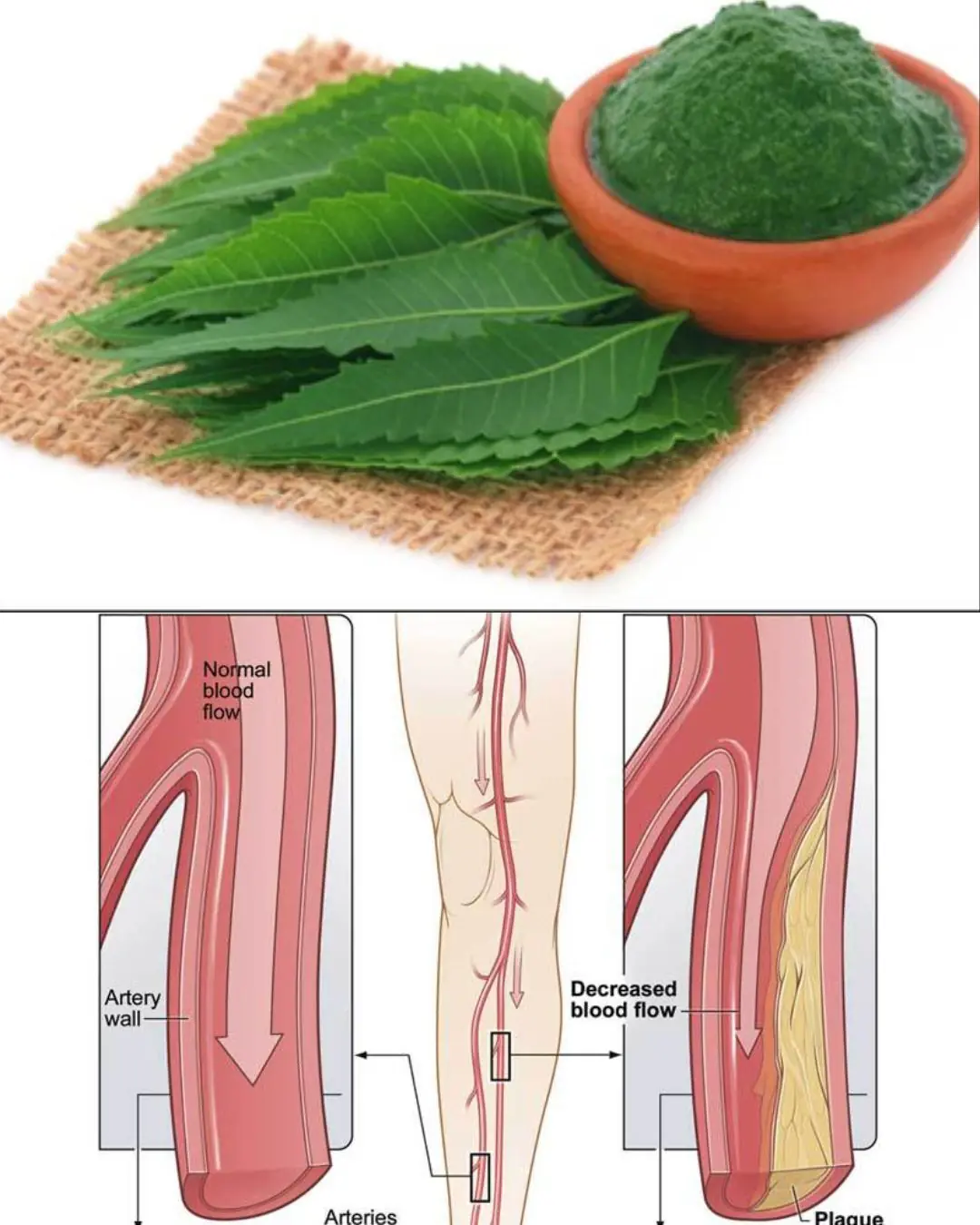
Neem: An Ancient Plant With Potential Health Benefits – What Science Says

Doctors reveal that green broccoli causes...see more

The Best Tea for Mornings and After Dinner: A Powerful Blend for Health

Mimosa Pudica Tea: How to Prepare and Health Benefits

Cloves and Onion: An Ancient Remedy with Modern Benefits

25 Incredible Health Benefits of Goosegrass

Honey, Lemon, Onion, Garlic & Ginger: The Daily Spoonful That Works Wonders

10 Powerful Benefits of Castor Leaves You Probably Didn’t Know About
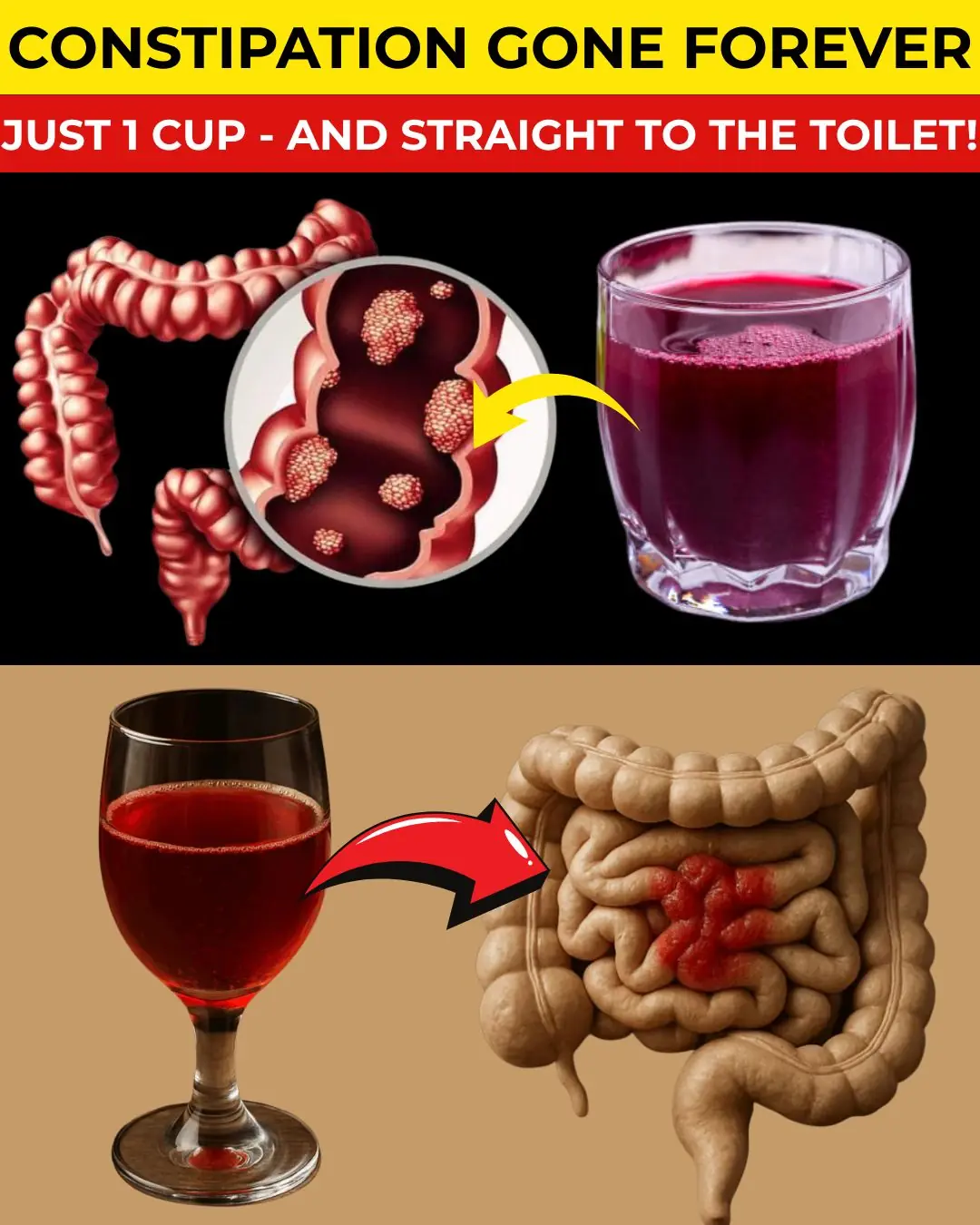
One Glass Before Bed – Say Goodbye to Constipation Overnight!

The Healing Leaves That Fight Disease Naturally: Diabetes, Poor Circulation, High Blood Pressure & Even Cancer 🌿💚
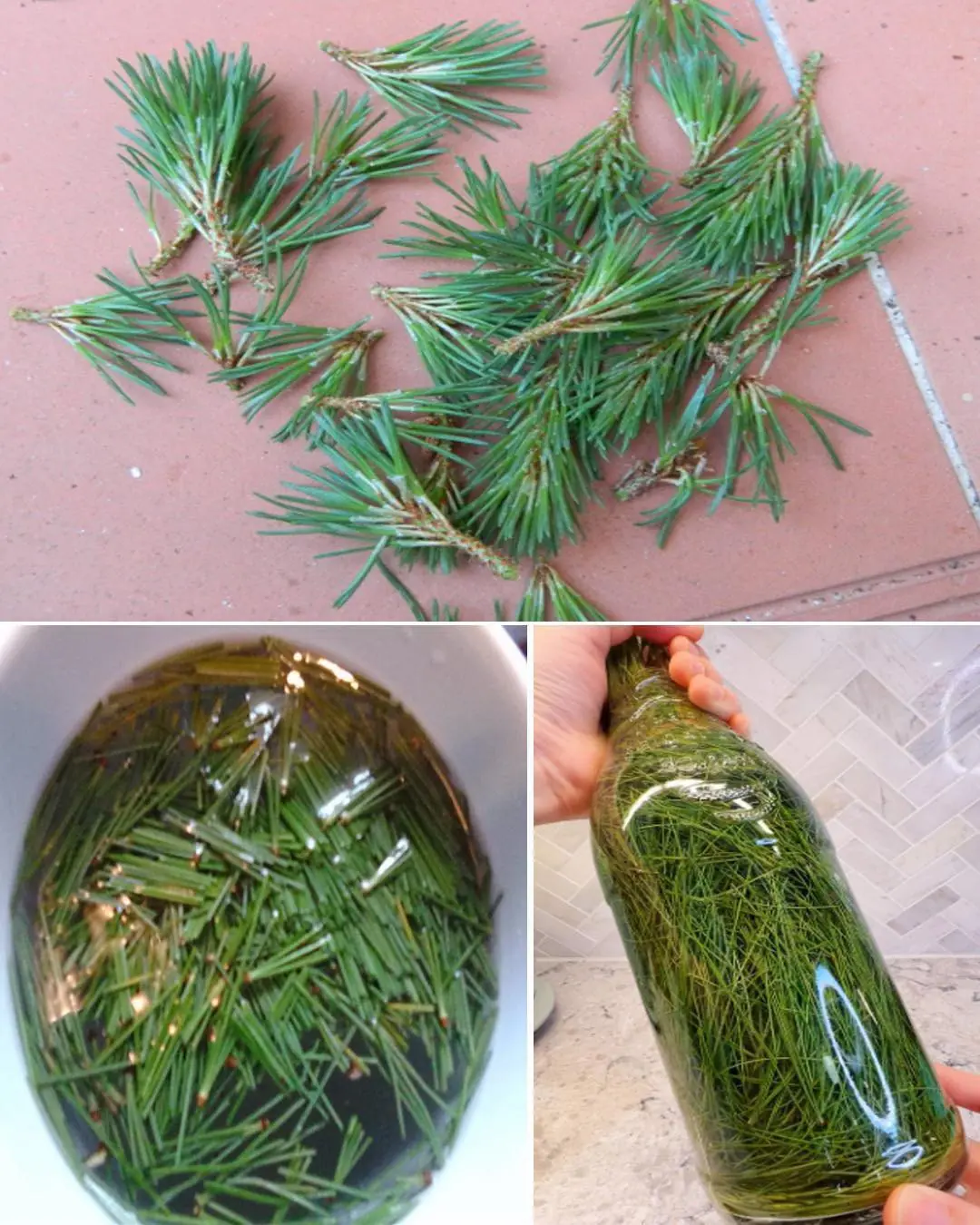
9 Health Benefits of Pine Needles

Unlock The Incredible Health Benefits of Garlic, Ginger and Lemon for Men

A special method to grow garlic in plastic bottles

7 Benefits of the Miracle Leaf of Life

7 Amazing Health Benefits of Banana Blossoms
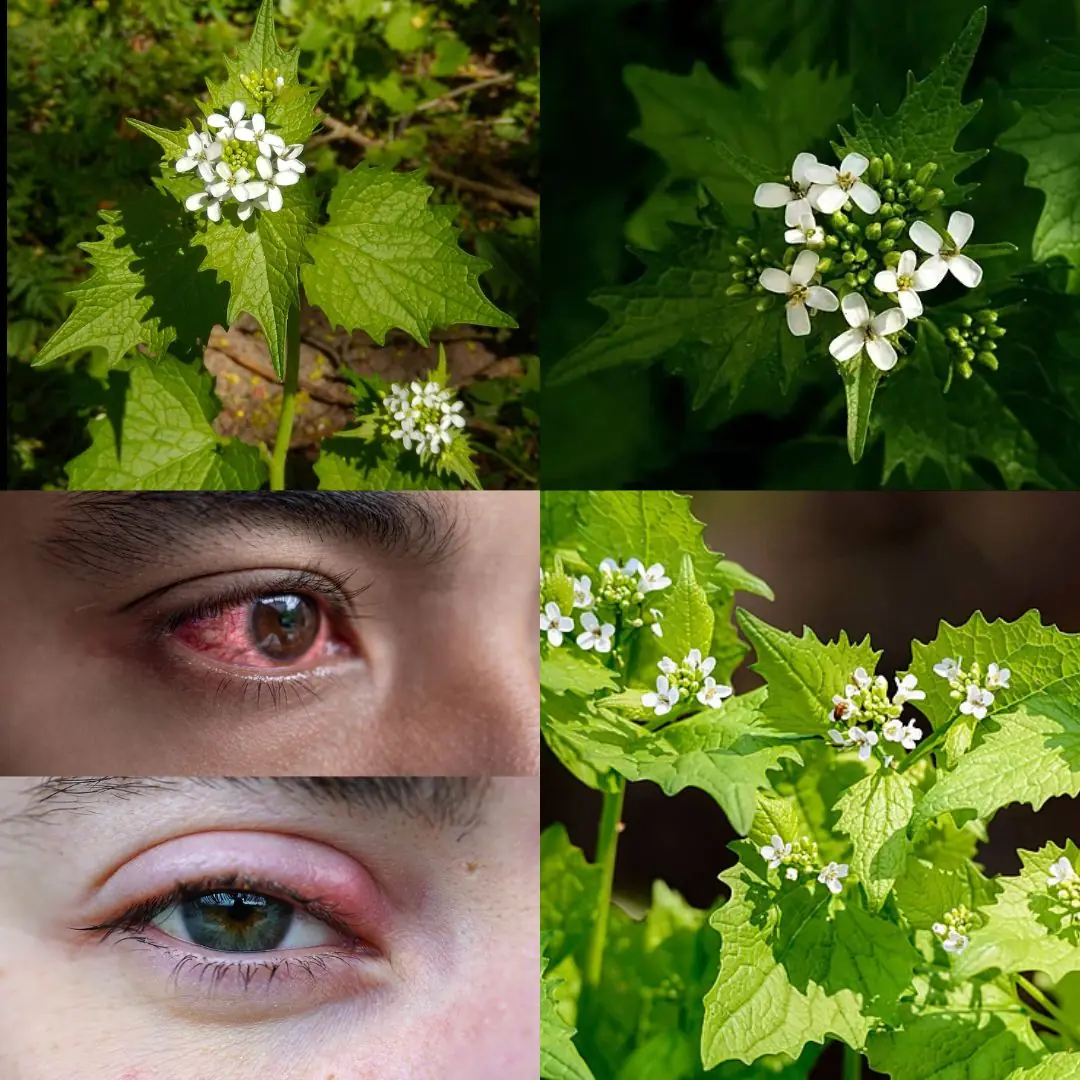
Garlic Mustard: The Overlooked Herb That Can Boost Your Health — Especially Your Eyes

🍃 17 Reasons to Drink Guava Leaf Tea Twice a Week
News Post
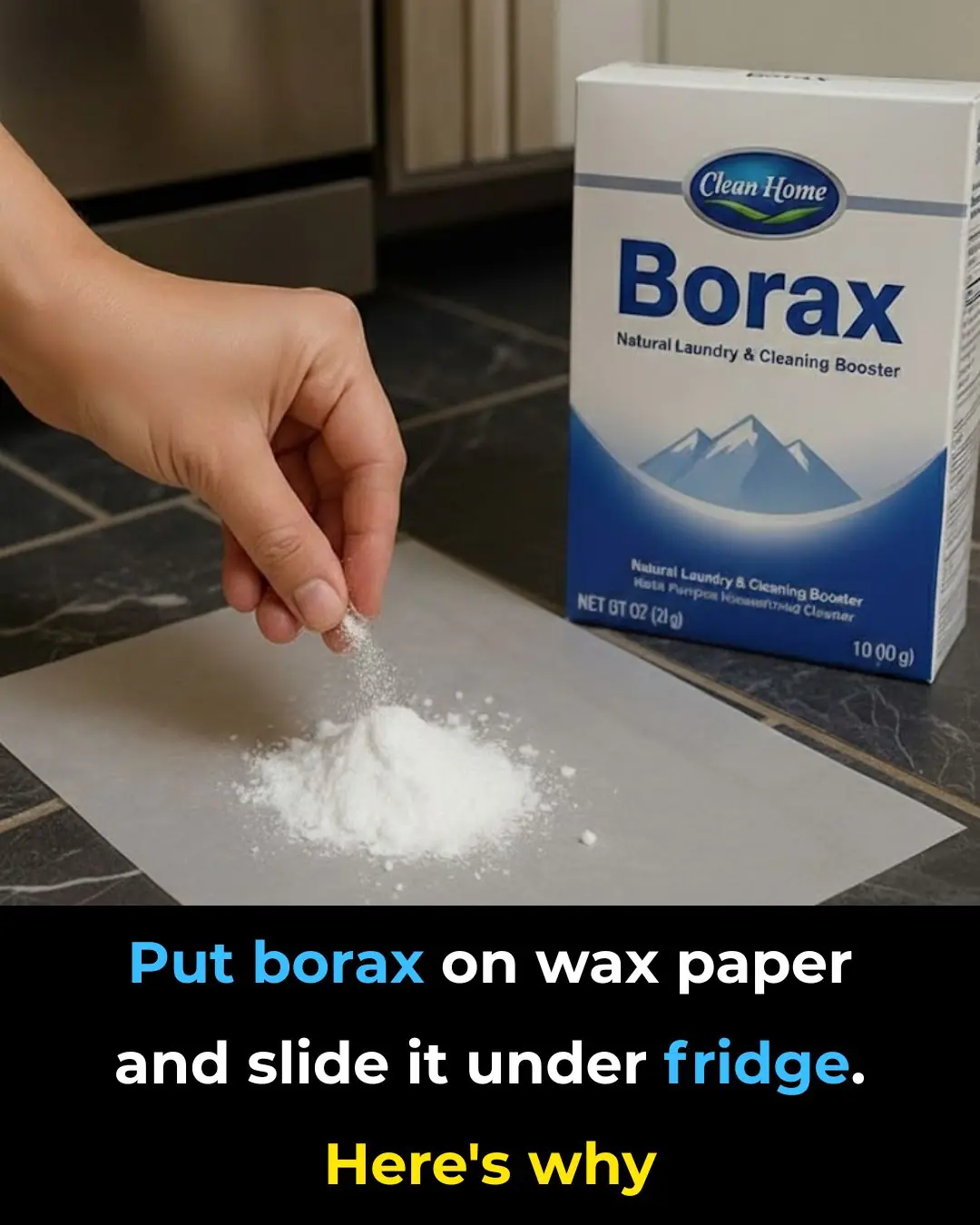
Put borax on wax paper and slide it under fridge. Here's why
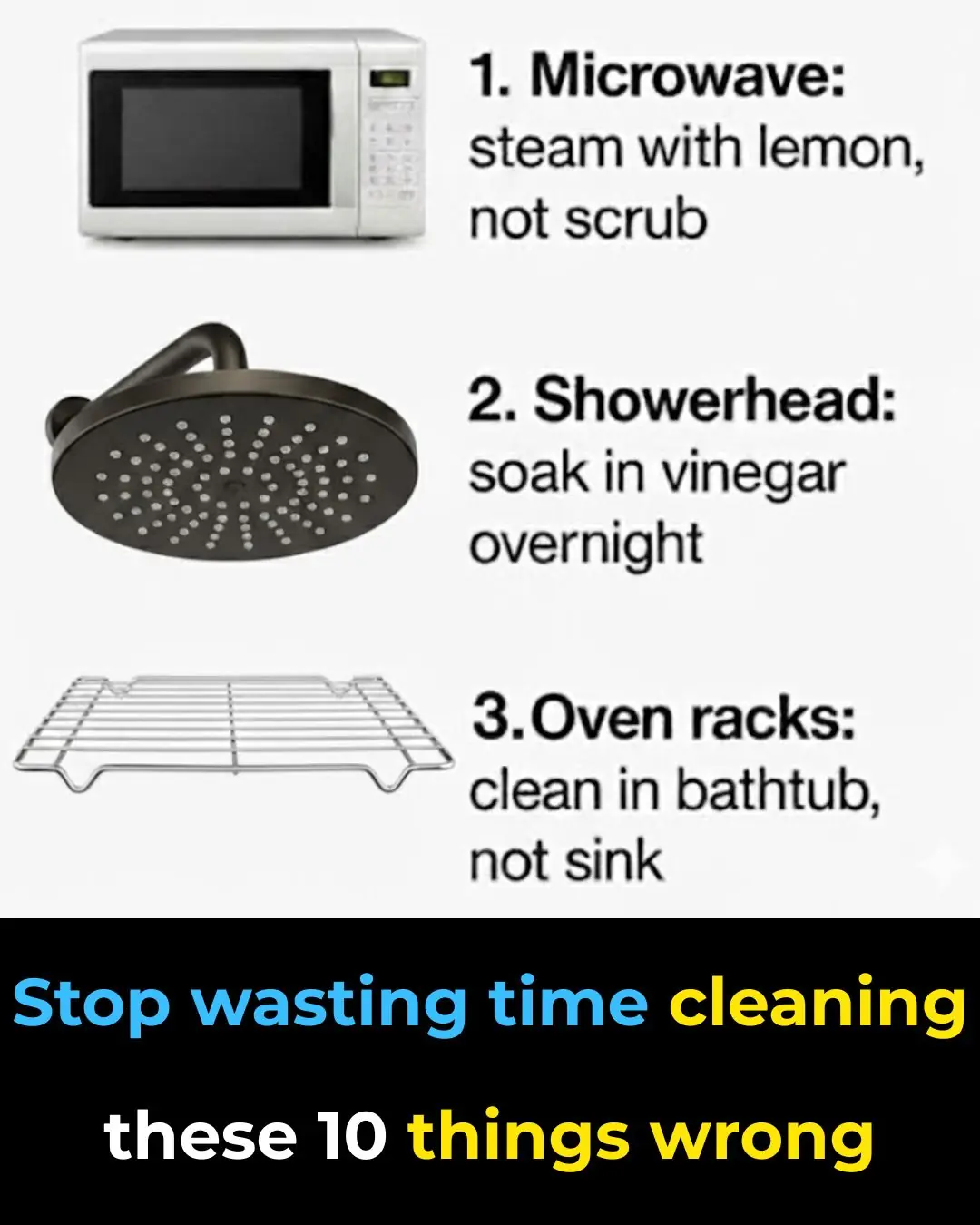
Stop wasting time cleaning these 10 things wrong
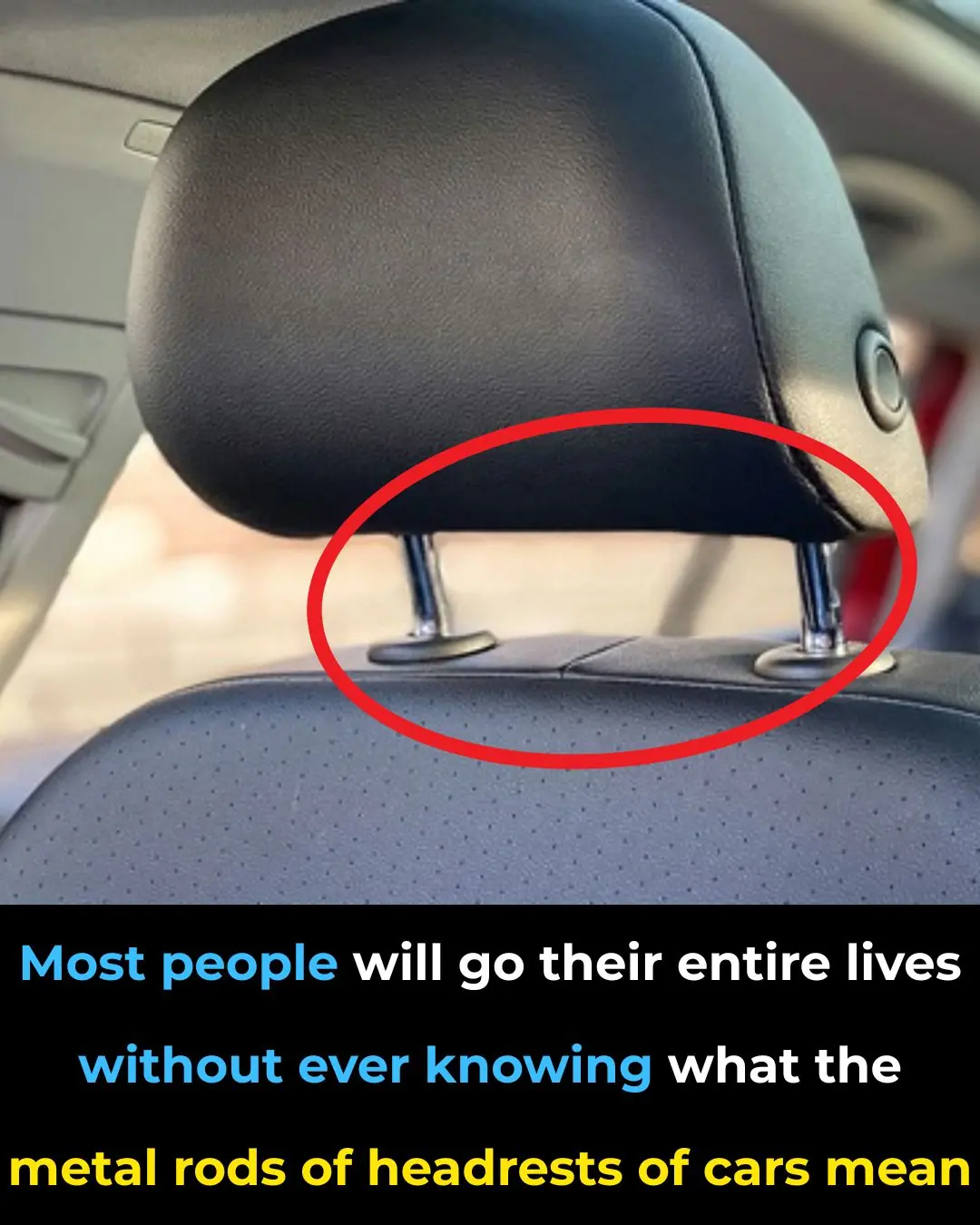
No way, I was so out of the loop here

Stay Away from These 3 Types of Tofu—No Matter How Cheap They Are!

4 Things You Should Never Keep in the Freezer — They Could Be Dangerously Hazardous

Take meat from the freezer that is as stiff as bricks
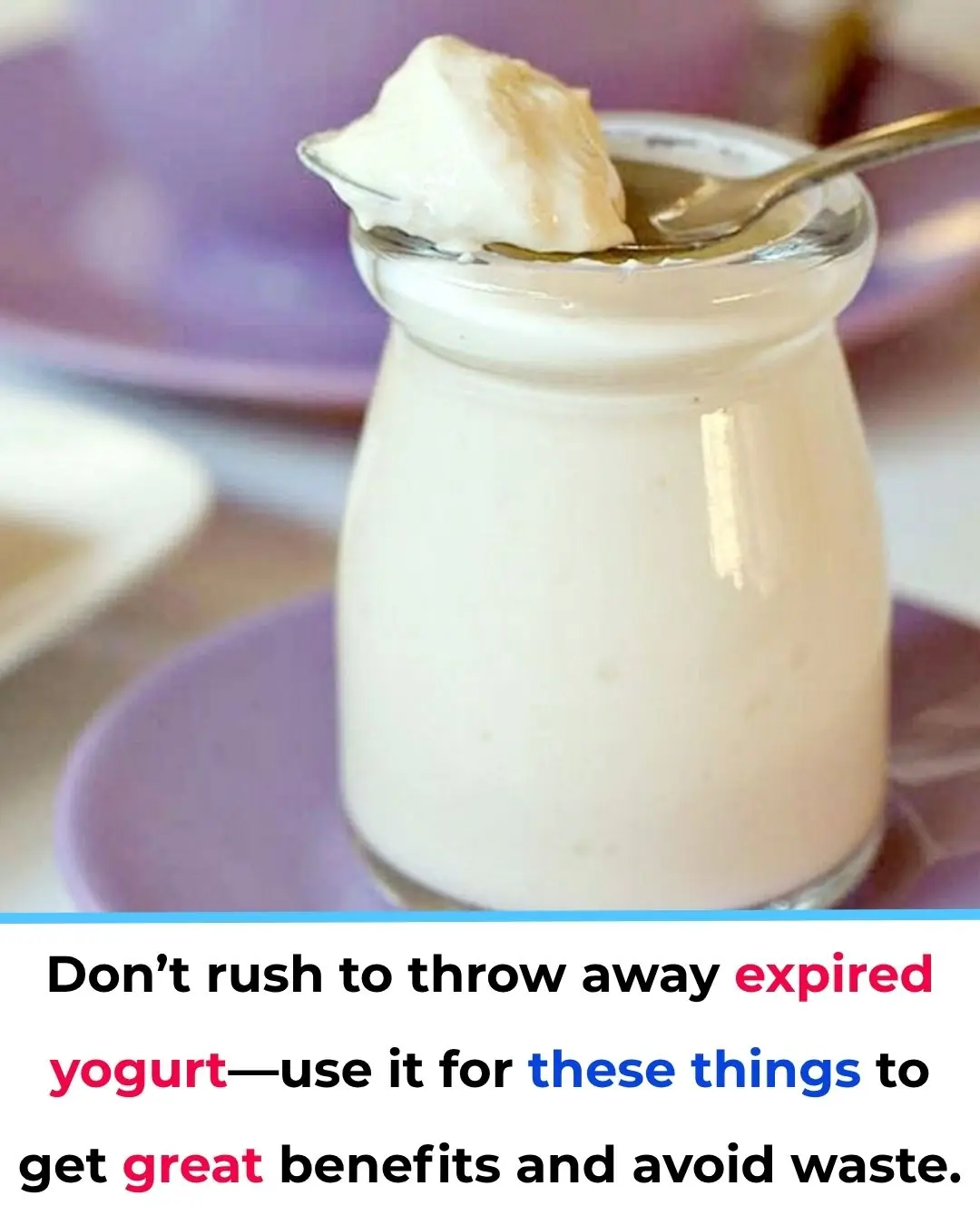
What Can You Do with Expired Yogurt?

Should You Choose Pork with a Dark or Light Color for the Freshest Quality?

‘Why He Grabbing His Arm Like That?’: Denzel Washington Unleashes on Handsy Photographer During Intense On-Camera Confrontation
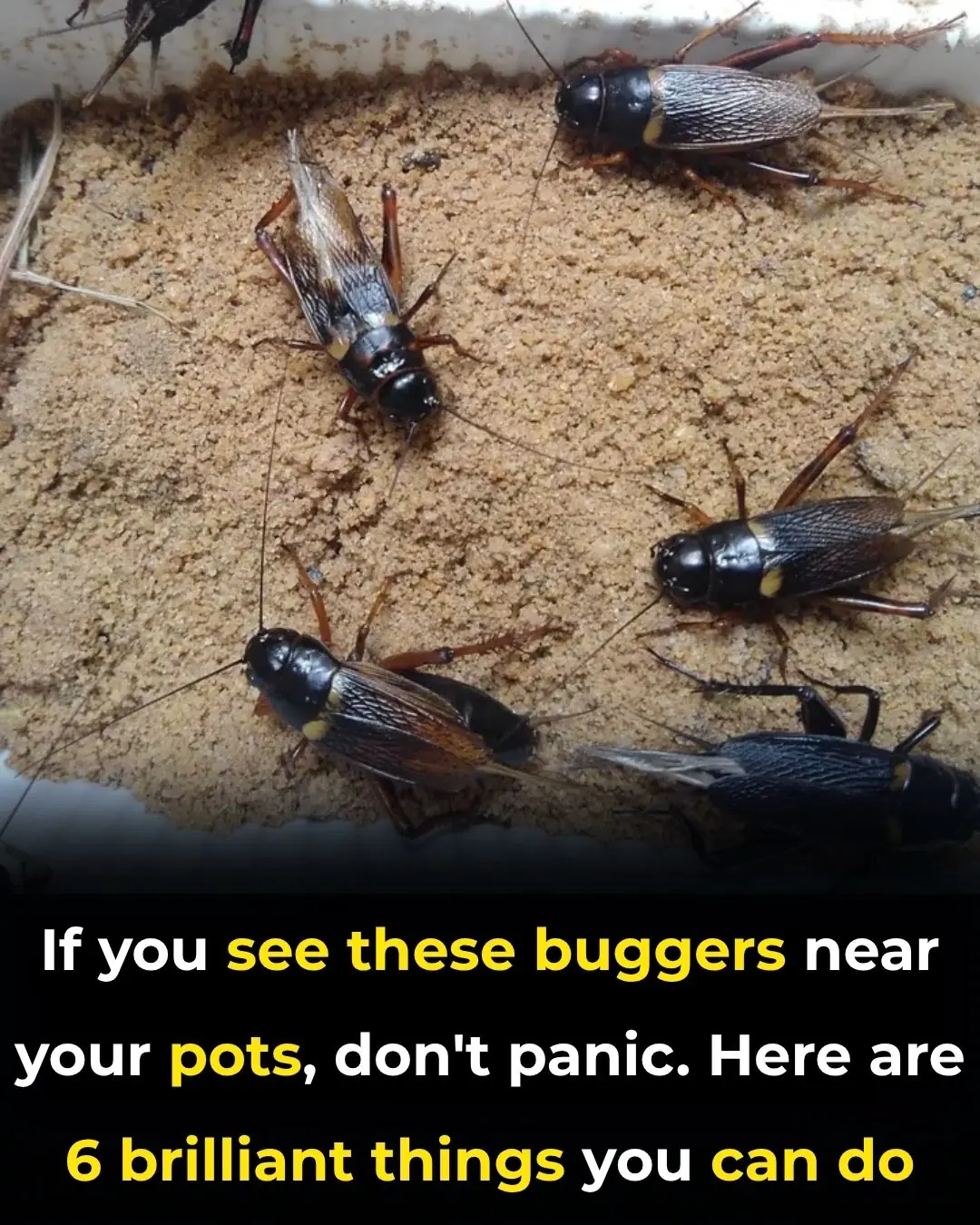
If You See These Buggers Near Your Pots, Don’t Panic — Here Are 6 Brilliant Things You Can Do

Meet 102-Year-Old Eloise Brown, the Philadelphia Eagles Biggest and Longtime Fan

17 Important Quotes About Love From Historical Black Figures

5 Things You Never Knew About The First Black Film Star Nominated For Academy Award For Best Actress
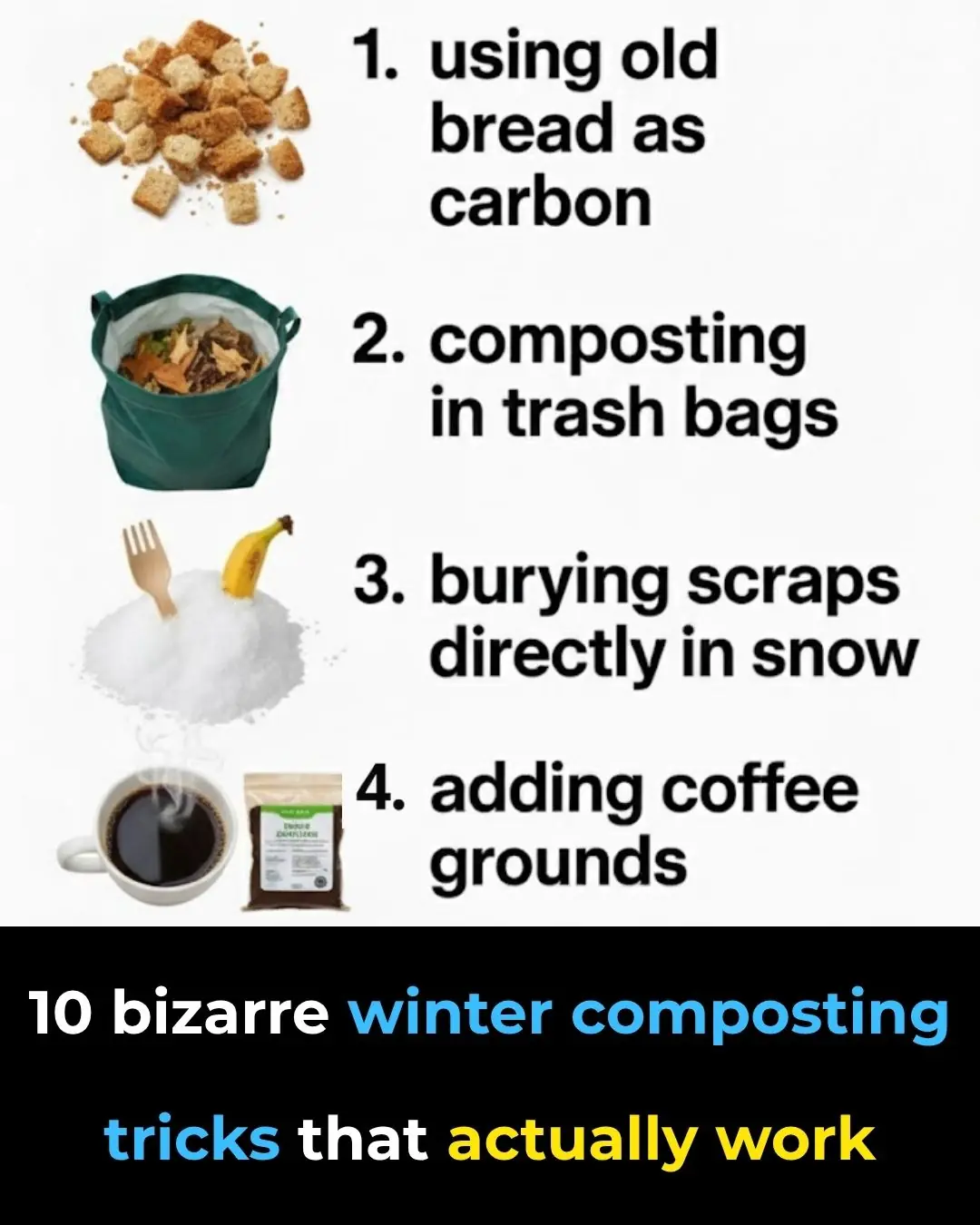
10 (Plus One) Unusual Winter Composting Hacks That Really Work

Don’t Toss Out Your Eggshells: 10 Brilliant, Science-Backed Ways to Reuse Them in Your Garden

Jackson 5 Child Actor, Floyd Roger Myers Jr, has joined the ancestors

Fisk Gymnast Morgan Price Earns Highest-Ever Score for an HBCU Gymnast

Most Folks Don’t Realize They’re Doing This: 10 Critical Mistakes That Stop Tomatoes from Ripening

8-Year-Old Hosts Food Drive To Feed 150 Families on His Birthday
